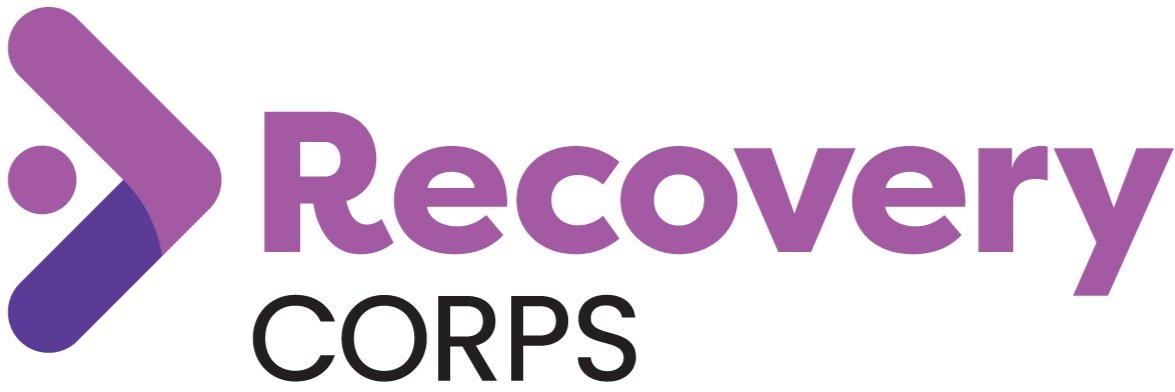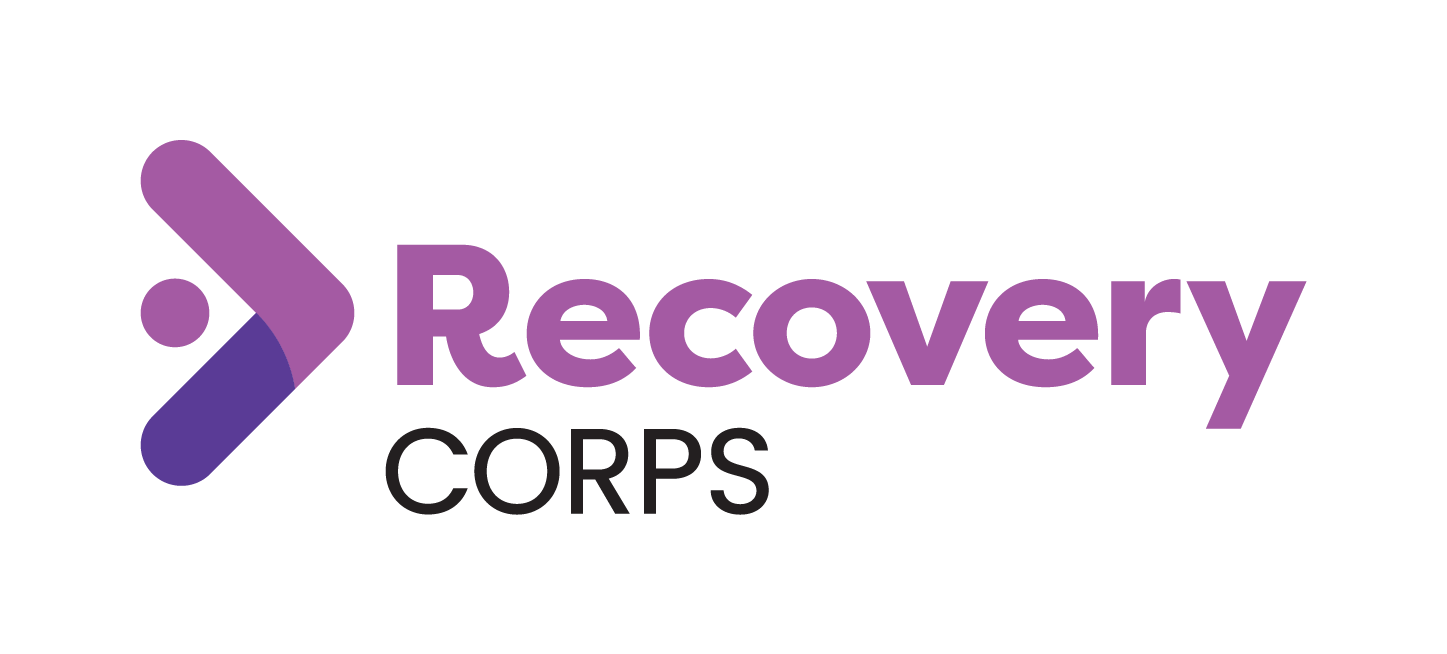Recovery Project Coordinator Sees a New Perspective on Doctoral Studies
Angela is a Recovery Project Coordinator serving at WEcovery in Mankato, Minnesota, where she supports projects to boost their operational capacity. She is also a member of the Ho-Chunk tribal nation in Wisconsin and is working toward a Ph.D. in educational leadership with a focus on Native American communities. In addition to making a positive impact on the lives of others, Recovery Corps service has allowed Angela to see her research in action in a whole new discipline.
Angela’s Service
Recovery Project Coordinators collaborate with their recovery organization to create a plan for their service. One project Angela has been leading is developing a manual to document WEcovery’s day-to-day operations. To learn more about the processes that make recovery possible for more people at WEcovery, Angela shadows outreach and housing staff. She takes detailed notes and compiles them so the organization can document their knowledge. The program staff plan to use Angela’s manual when training new staff in the future!
“You have to get all the details right so people can do it correctly moving forward,” she says. “I'm thankful that I have the ability to work with them because they are a great group of people, and they do a lot of good things. They've opened my eyes to things that I did not necessarily know about.”
What She’s Learned
Recovery Project Coordinators receive training in subjects like recovery 101, recovery landscape, and project management to set them up for success. Between her extensive training and the time Angela has spent shadowing staff at WEcovery, her service has been a great opportunity to see what it's like to work in recovery.
“I'm seeing the day-to-day basis of what they do, how it affects them, how they work with the participants and connect with them,” she says.
Angela is currently pursuing a doctorate in educational leadership, focusing on the experiences of Native American students in urban schools. Her research has some interesting connections to what she’s learning in Recovery Corps, namely trauma and its ability to affect future generations.
According to the American Psychological Association, trauma can create genetic adaptations that can be passed from one generation to another, causing intergenerational trauma. This trauma can show up in many forms, including substance use. One example in Native American history is the boarding school era, when Native American children were taken from their families and placed in schools aimed at removing them from their culture, oftentimes violently.
“A big part of DNA is trauma,” she says. “Historical and intergenerational trauma are passed from generation to generation in our DNA. For example, students may have a family member who's attended a boarding school in the past. How does that affect them today?”
Trauma-Informed Care
According to the Centers for Disease Control and Prevention, trauma-informed care has six principles, one of which is to consider culture, history, and gender when providing treatment and resources. Recovery Corps members receive training about trauma to gain a more empathetic understanding of substance use disorders.
In Angela’s research, she’s studying how Native American culture and the history of colonization affect Native American students’ academic experiences. In her service as a Recovery Project Coordinator, she sees ways that this history can also affect people starting their recovery journeys.
"The intergenerational trauma incurred during the boarding school era is actually a genetic marker that passes from generation to generation, or better known as epigenetics,” Angela says. “Many times, it is this trauma that has been passed down that causes many to turn to drugs or alcohol to deal with what they are dealing with internally.”
Angela’s future
Angela hopes to use both her education as well as her experience with Recovery Corps to benefit her community back home. Having previously served as the tribe’s executive director in the Department of Labor, she’s no stranger to working on behalf of her community.
“Some of our tribal elders back home have been trying to get our own treatment center going,” she says. “Our people incorporate our cultural aspect into it for the healing factor. My goal is to run for our out-of-state representative because I'd like to help see that treatment center come to fruition. That's going to help our tribal members as a whole.”
We are so thankful for Angela’s dedication to serving the recovery community throughout her doctoral studies! We can’t wait to see what the future has in store for her. If you or someone you know are interested in supporting a recovery organization near you, learn more and apply to join at recoverycorps.us.


